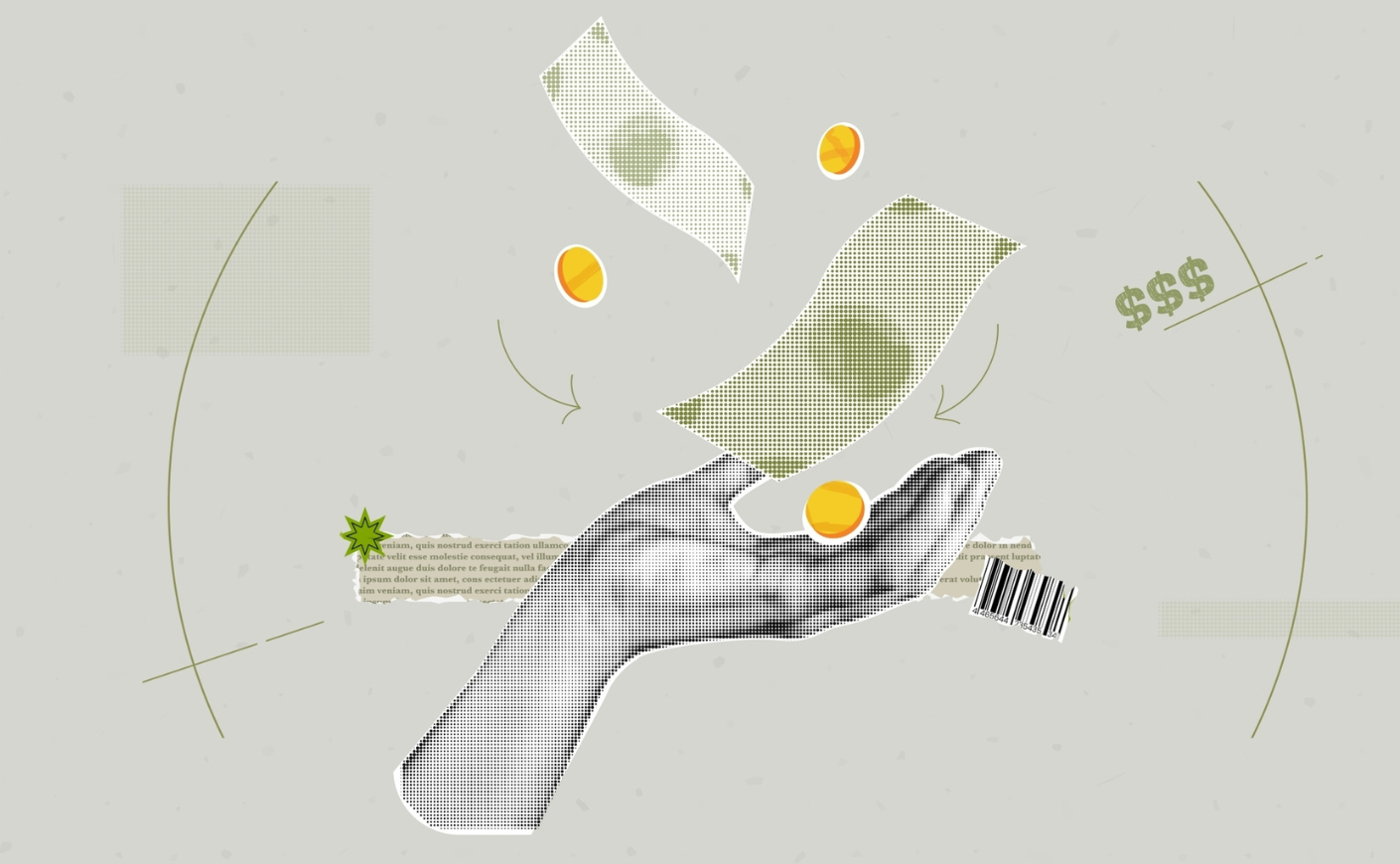If you've looked at your 401(k) recently and panicked — just a little — you're not alone. President Trump's controversial tariff policies are shaking up the markets, and some Americans fear we could be headed for a recession.
For some much-needed perspective on the state of the economy, we turned to Scott Clemons, chief investment strategist at Brown Brothers Harriman. The Wall Street veteran shares his forecast on inflation, breaks down the potential impact of a trade war, and passes along some advice for everyday investors looking to protect their portfolios as the whiplash in Washington continues.
Katie Couric Media: Canada recently announced retaliatory tariffs. Can you give us a sense of the potential impact?
Scott Clemons: The biggest drag from tariffs isn't the tariffs themselves as much as the uncertainty around them. This back and forth creates a paralysis. Think about someone running a business or a portfolio — if you’re not sure about these policies, it freezes you. A business owner may ask themselves if they really want to make those hires or expand. A consumer may question whether they want to take that vacation or renovate the kitchen. So people end up doing nothing, and the resulting slump in spending is enough to cause an economic contraction.
Now, if the tariffs become reality, if they actually become part of the economic landscape and not just a negotiating tool, there’s a real economic price to be paid. We’ll be reminded in this country how reliant we are on Canadian lumber, Mexican manufacturing and food, and the like. We’re part of a globally interconnected economy, and the kinds of tariffs that are being proposed, we haven’t seen in about 80 years. If those are established, we’re in for more friction in the global economy and here at home.
There’s some concern about a recession. What’s your outlook?
There were signs that the economy was beginning to slow down even before the election. We’ve had three or four years of healthy economic activity leading into a soft landing. But that could tip over into a recession if the tariffs that are being proposed become reality. If by April we’re putting tariffs on our biggest trading partners — Canada, Mexico, and China — then yes, I think we’re heading for a recession.
What’s your long-term view on inflation?
There are some inflationary impulses at present. Some commodities prices are up — some sharply, like coffee and cocoa. The tariffs, if they become a reality, could be inflationary. The other factor is immigration. If the administration stifles immigration and deports people who are undocumented, that takes people out of the labor force, which could lead to wage inflation.
My bet is that where we are now with inflation, around 3 percent, is going to be the new normal — in the U.S., at least. And that’s not bad: The economy can flourish, businesses can flourish, and investors can make money. It’s a little higher than we’re used to, but I think it’s a perfectly acceptable level.
How should investors position themselves given all the uncertainty?
If you're a long-term investor and are saving for retirement, you buckle up and you stick through it. Don’t play the game of timing the market, because you have to get two things right: You have to get out at the right time and know when to get back in.
If you're actively investing, steer clear of the companies and industries that are in the crosshairs of regulatory change or tariffs. It may seem obvious, but look for those blue-chip American companies that sell essential products and services, whose business is unaffected by the slings and arrows of outrageous politics. No company is completely immune, but some are [safer] than others — and they tend to be those larger corporations.
We’re not changing our clients’ asset allocation policy, taking clients out of the market, or even trimming. Market corrections happen all the time. Don’t let it derail your long-term investment approach.
What about for people who are retired and are living off an investment portfolio? Any advice for them?
You might want to put two to three years worth of spending needs into something like a money market fund, so it’s not exposed to the market volatility. I think of that as a way of hedging your expenses. So say you’re living off $50,000 a year in retirement — you may want to put $100,000 or $150,000 into cash or money market. But you still need stocks to protect yourself against inflation, so you can think of it as having a liquidity bucket and a growth bucket.
This interview has been edited and condensed for clarity.









